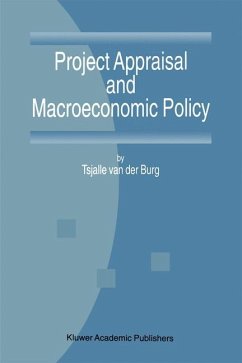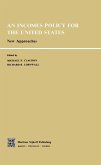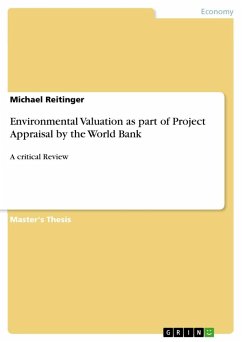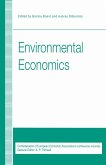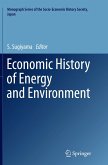Environmental economics addresses the issues that arise on the boundaries between economic systems and natural systems, such as pollution and natural resource de pletion and degradation. Like any other branch of applied economics, it has drawn its tools and techniques from the wide range already available in economics gener ally, selecting, adapting and extending these to meet its own particular requirements in its own particular context. Here, as elsewhere in economics, public policy analy sis requires quantitative assessments of the economic impact of different policy choices. Perhaps the most distinctive contribution of environmental economics has been the development of techniques for the economic valuation of environmental goods and services in the absence of markets for such goods and services, or in the presence of markets that are at best imperfect or incomplete. Nevertheless policy analysis still relies on one or another of three broad groups of methods used in eco nomics generally. One is project appraisal, which at the micro level provides an evaluation ofthe costs and benefits ofinvestment options to inform the choice among them, while at the macro level policy analysis rests either on computable general equilibrium (CGE) models or on economy-wide macroeconometric models. All models are simplifications, designed to focus attention on the important fea tures ofthe problem at hand, and neglecting other features that might for a different problem assume greater importance.
Bitte wählen Sie Ihr Anliegen aus.
Rechnungen
Retourenschein anfordern
Bestellstatus
Storno

